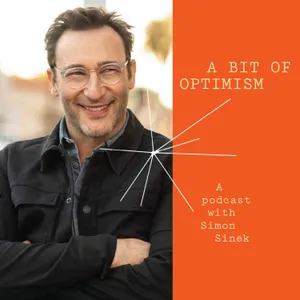Podcast Summary
Take care of yourself and your needs: Recognize when something needs a boost and take action to bring it back to its best, whether it's a cup of tea, a project, or a relationship.
Taking care of ourselves and our needs is just as important as starting with good intentions. In the story shared by Kate Cocker, she learned the value of warming up her cup of tea when it went cold, despite it taking extra time. This simple act served as a reminder that even when things in our lives start to cool down or lose their initial warmth, we have the power to recharge them. Whether it's a cup of tea, a project, or a relationship, it's essential to recognize when something needs a boost and take action to bring it back to its best. By prioritizing our needs and making small adjustments, we can maintain our energy, focus, and overall well-being. So, next time you find yourself with a cold cup of tea or a lapsing project, consider warming it up and giving it the attention it deserves. After all, you deserve to have a warm cup of tea or a hot cup of coffee, just as you deserve to live a fulfilling and satisfying life.
Exploring Effective Communication: Effective communication involves active listening, empathy, clarity, open-mindedness, and being aware of nonverbal cues to build strong relationships.
Effective communication is key to building strong relationships, whether it's in a personal or professional setting. During our discussion, we explored various aspects of communication, including active listening, empathy, and clarity. Active listening involves fully focusing on the speaker and trying to understand their perspective. Empathy involves putting yourself in someone else's shoes and trying to see things from their point of view. Clarity means being clear and concise in your messages to avoid confusion. Effective communication also involves being open-minded and willing to adapt your approach based on the situation and the people you're communicating with. It's important to remember that everyone has unique communication styles and preferences, so being flexible and adaptable can help you connect with a wider range of people. Furthermore, nonverbal communication plays a crucial role in effective communication. Body language, tone of voice, and facial expressions can convey meaning and emotion that words alone cannot. Being aware of your nonverbal cues and how they might be perceived by others can help you build stronger, more authentic relationships. In summary, effective communication is a powerful tool for building strong relationships. By practicing active listening, empathy, clarity, open-mindedness, and being aware of nonverbal cues, you can improve your communication skills and connect more deeply with others.





